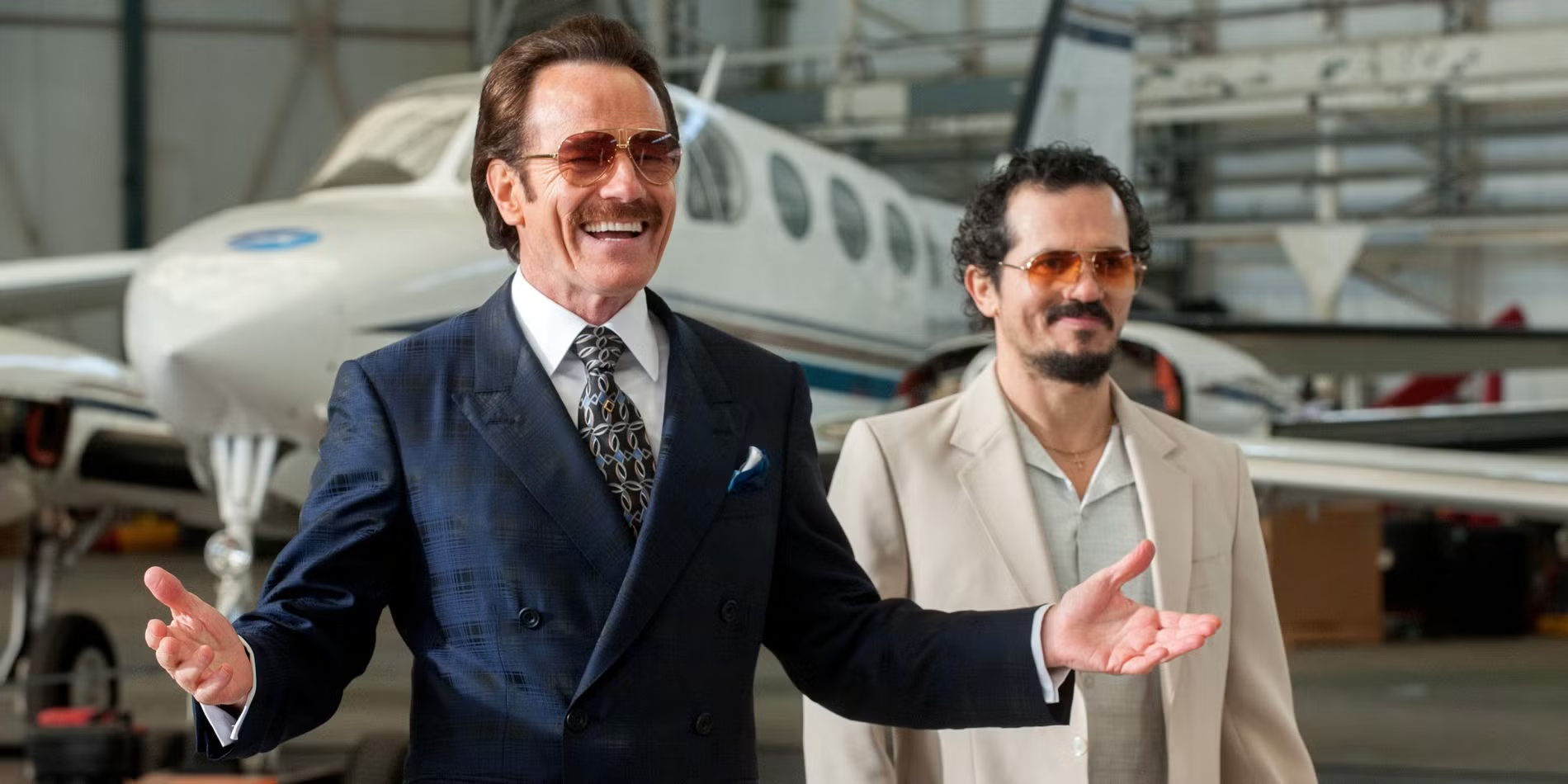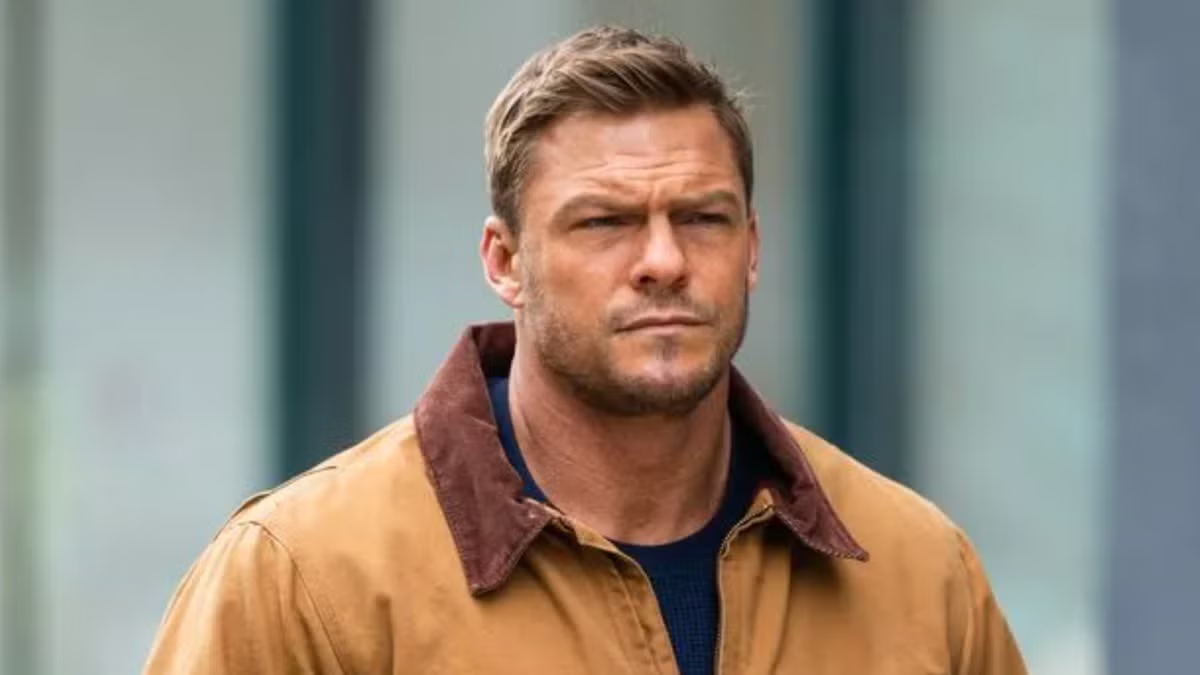The late Amilcar Cabral. Photo: Wikipedia
[The Archives]
Below is Amilcar Cabral’s speech “Le Cancer de la Trahison” at the funeral services for Kwame Nkrumah in Conakry, Guinea, on May 13, 1972. Cabral himself was assassinated on Jan. 20, 1973, the year before his country won its independence from Portugal.
What to say? At this point, we must speak, if we don’t talk, our hearts may burst. Our tears should not infiltrate the truth. We, freedom fighters, do not mourn the death of a man, even a man who was
a comrade and an exemplary revolutionary. Because, as President Ahmed Sekou Toure often says, “What is a man in front of the infinite being and transgression of the people and humanity?” We do not mourn the people of Ghana scoffed in its beautiful realizations, in its most legitimate aspirations.
We are not crying for Africa betrayed. We are mourning, yes, of hatred towards those who were able to betray Nkrumah to serve the ignoble imperialism. Mr. President, Africa by requiring through the voice of the people of the Republic of Guinea, as always fairly represented by President Ahmed Sekou Toure whom Nkrumah had put in his right place, above Kilimanjaro’s highest summits; of the African revolution. Africa rehabilitates itself and through history.
President Nkrumah, whom we honor, is primarily the great strategist of the struggle against classic colonialism. He is the one who created what we call African positivism, what he called “positive action,”
affirmative action. We pay tribute to the declared enemy of neocolonialism in Africa and elsewhere; the strategist of economic development in his country. Mr. President we praise the freedom fighters of the African people who always gave his full support to the national liberation movements.
And we to tell you that in Guinea and Cape Verde, even though it is true that the most important factor for the development of our struggle outside our country was the independence of the Republic of Guinea, the heroic “no” of the people of Guinea on 28 September 1958. It is also true that if we went through the struggle regenerated, it was essentially due to the concrete support of Ghana and particularly of President Nkrumah.
Mr. President, at this moment, we should remember that all coins in life have two sides, all realities have positive and negative sides. To all positive action, there is an opposite negative action and vice versa. To what extent is betrayal’s success in Ghana linked to problems of class struggle, from contributions to social structures, from the role of party or other institutions including the armed forces as part of a new independent state.
To what level, we shall ask ourselves, is betrayal’s success in Ghana linked to a correct definition of this historical entity and craftsman of history that is the people and their daily work, in defending its own independence conquests? Or, to what extent is betrayal’s success not linked to the major problem of the choice of men in the revolution? My idea on this question will allow us to better understand the greatness of Nkrumah’s work, to understand the complexity of problems he had to face so many times alone.
Problems which allow us to conclude that, as imperialism exists, an independent state in Africa should be a liberation movement to power or it will not exist. Let no one tell us that Nkrumah died of a cancer to the throat or some other disease. No, Nkrumah has been killed by the cancer of betrayal that we should uproot. By the cancer of betrayal that we should root out of Africa if we really want to definitely crush the imperialist domination on this continent.
But we Africans firmly believe that the dead continue living by our sides. We are a society of dead and living. Nkrumah will resuscitate each dawn in the hearts of freedom fighters; in the action of all true African
patriots. Our liberation movement will not forgive those who betrayed Nkrumah, the people of Ghana will not forgive, Africa will not forgive, progressive mankind will not forgive.


















